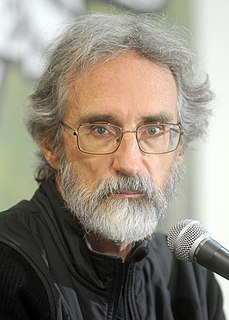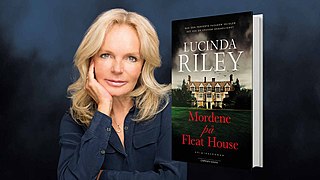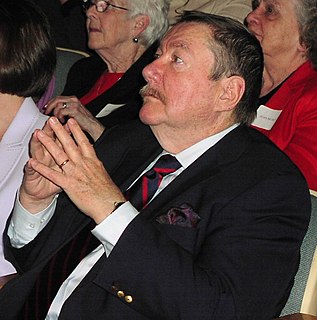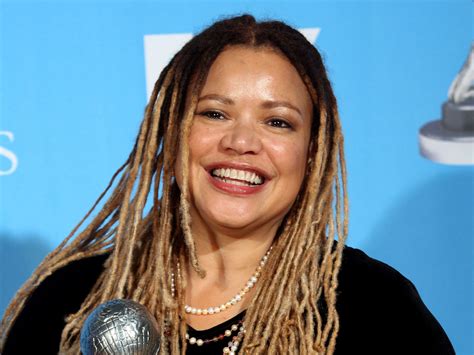A Quote by Terri Windling
There have been a number of us working very, very hard to bring myth and fairy tales into public consciousness, through fantasy literature and other media. I hope we're succeeding in some small way.
Related Quotes
[Fairy tales] are like a journey to the woods and the many ways you can get lost. Some people say it's not a good idea to read fairy tales to anyone under the age of eight because they are brutal and raw. When I was a kid I often felt that kids's books were speaking down to me, but I never felt that way about fairy tales. They are bloody and scary, but so is life.
I did translations of Grimms' Fairy Tales and became very charmed about that way of looking at things. Fairy tales tell a lot of truths. Just as a side point, for instance, we always think the bad guys in fairy tales are the stepmothers, who are witches. But where are the fathers when the witches are killing and mishandling their children? Away. They are on a business trip. They are hunting, they are away. Wow, you know! No one says the fathers are the bad guys! It's one of the things you don't say. But my goodness, where are they?
The fairy tale, which to this day is the first tutor of children because it was once the first tutor of mankind, secretly lives on in the story. The first true storyteller is, and will continue to be, the teller of fairy tales. Whenever good counsel was at a premium, the fairy tale had it, and where the need was greatest, its aid was nearest. This need was created by myth. The fairy tale tells us of the earliest arrangements that mankind made to shake off the nightmare which myth had placed upon its chest.
I feel any time you enter a dream world it's like you're working out things, it's all inside your mind and you're working it out, be it Dorothy in The Wizard of Oz, or the kids in Narnia, they go through this weird journey that's not real, and they're going through this journey psychologically. It's that journey of discovery, of getting onself together, that fantasy and fairy tales are so good at. And while some people still look upon them as completely unrealistic, for me they're more real than most things that are perceived as real.
Fairy tales have always been about getting through the worst of everything, the darkest and the deepest and the bloodiest of events. They are about surviving, and what you look like when you emerge from the trial. The reason we keep telling fairy tales over and over, that we need to keep telling them, is that the trials change. So the stories change too, and the heroines and villains and magical objects, to keep them true. Fairy tales are the closets where the world keeps its skeletons.
Though now we think of fairy tales as stories intended for very young children, this is a relatively modern idea. In the oral tradition, magical stories were enjoyed by listeners young and old alike, while literary fairy tales (including most of the tales that are best known today) were published primarily for adult readers until the 19th century.
I think Black Nativity movie has a very clear message. It's about a family in crisis facing some of the very familiar struggles we face in our communities. It's really about love, redemption, forgiveness, faith and family, the things that have gotten us through so many hard times, and that continue to get us through them. When times are hard, we need each other.







































